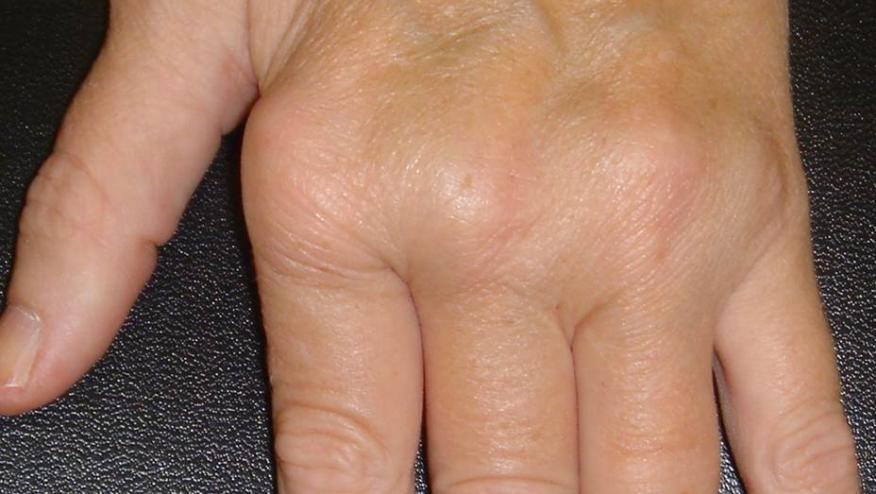Filgotinib Approved by the EMA for Rheumatoid Arthritis Save

On Friday, Gilead and Galapagos announced that the European Commission (EC) has granted marketing authorization for filgotinib (trade name, Jyseleca) their oral, once-daily, JAK1 inhibitor for the treatment of adults with moderate to severe active rheumatoid arthritis (RA) who have responded inadequately to, or are intolerant to, one or more disease modifying anti-rheumatic drugs (DMARDs).
Jyseleca may be used as monotherapy or in combination with methotrexate (MTX) at either 100 mg or 200 mg daily. This approval was in line with the earlier recommendation by the CHMP who reviewed the regulatory application.
The EMA approval of filgotinib is in contrast to the recent FDA delay in the filgotinib application, issuing a complete response letter with safety concerns based on as yet unfinished sperm studies and risk:benefit concerns over the 200 mg dose.
The EMA approval of both a lower and higher dose of filgotinib flies in contrast to the approval of earlier JAK inhibitors, wherein only one lower dose was approved - tofacitinib (5 mg), baricitinib (2mg) and upadacitinib (15 mg).
This decision is supported by data from over 3,500 patients treated with filgotinib across the Phase 3 FINCH and Phase 2 DARWIN programs. In the FINCH studies, Jyseleca consistently achieved outperformed placebo or methotrexate using ACR20/50/70 criteria.
In patients who had an inadequate response to MTX, treatment with filgotinib plus MTX achieved statistically significant inhibition of progression of structural joint damage compared to placebo plus MTX, as assessed using the modified Total Sharp Score (mTSS) at Week 24. In the DARWIN 3 Phase 2, open-label, long-term extension study, durable ACR20/50/70 responses were maintained for up to three years in patients who received filgotinib 200 mg as monotherapy or with MTX.
In the phase II and III trials the most common adverse reactions were nausea, upper respiratory tract infection, urinary tract infection and dizziness. Rates of herpes zoster and pneumonia were uncommon. The frequency of serious infections in the FIL 200 mg group was 1.0% compared to 0.6% in the placebo group.










If you are a health practitioner, you may Login/Register to comment.
Due to the nature of these comment forums, only health practitioners are allowed to comment at this time.